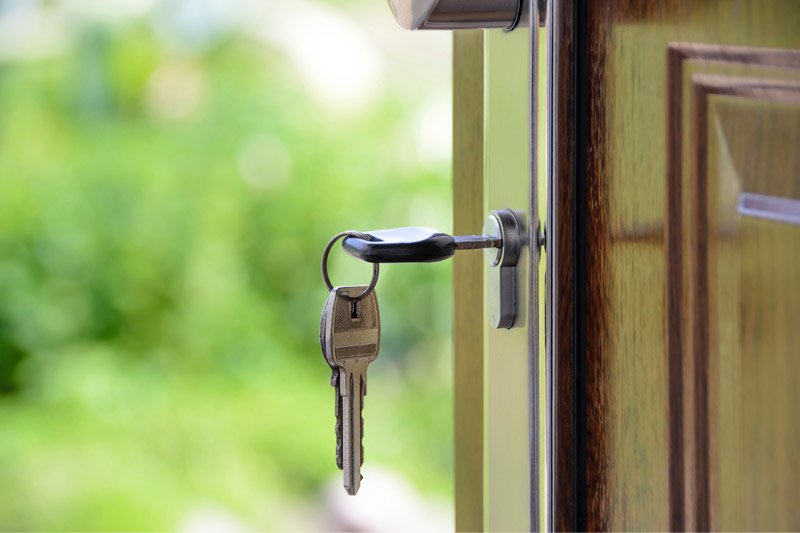It may sound easy to be a landlord – after all, you sit back every month and collect rent from your tenants without having to do much work. Unfortunately, it’s not that simple, because there are a number of aspects to consider when becoming a landlord.
Not only do you have to have the proper finances upfront, but you need financial resources, managerial skills, and time to dedicate to your property. In today’s market, despite the desire to own property, more people are renting than before because that’s where they’re at financially. It’s a good time to be a landlord, as long as you brush up on the basics before entering the market. Keep reading for a guide on how to get started as a landlord.
Evaluate your temperament
Often, a landlord who is too nice or too kind gets taken advantage of, and a landlord who is too strict or mean won’t find good tenants. You don’t want to scare anyone away from renting, but you want to establish your policies. Your rental property is like your business – you want to make it attractive for customers, but you don’t want to set a weak precedent in case someone says they can’t pay their rent on time and you need to take it to court.
Ensure you have the right funds
Being a landlord isn’t just about raking in rent money each month. If you don’t have a property to rent at the get-go, you need to purchase one. Then you need to make sure it’s up to code for renters, which may mean some serious upgrades. Lastly, you will have to pay for ongoing maintenance and repairs should anything break down during a tenancy. These can sometimes eat up your profits, so be mindful of the costs involved.
Understand rental laws
You need to be thoroughly versed in your area’s landlord tenant law, and building codes and regulations that pertain to rental units. In case of disputes, you need to know your rights as a landlord and what you can enforce.
Choose the right location
The location you choose to buy in can determine your future return on your investment, so do your research before purchasing a property to rent out. It can also affect your rent prices, so check out comparable units in the neighbourhood and see what the market is like in the area. This will help determine if it’s the right location.
Find good tenants
Having good tenants will make your job so much easier, and can be the difference between profit or negative cash flow. Advertise your listing on websites that are trusted, like Rentorr.com so that you can find good tenants. You can also hire a property manager to screen tenants on your behalf if you don’t want to deal with the tedious process, but it’s wise you meet your prospective tenants yourself as well.
Have a proper lease
Have a good lease drawn up to not only protect you and your investment property but to ensure your tenants are encouraged to pay rent on time and take care of the unit. You also might want to include some policies that benefit the tenant, for example, offering a discount if they pay the entire year’s rent upfront, or a referral fee if they find a replacement once they intend to move out. Incentives like these encourage good tenants to rent from you, which makes life so much easier for you.











